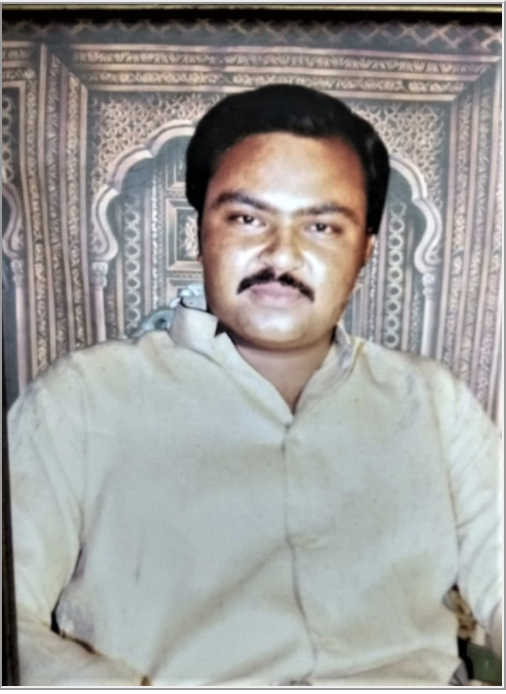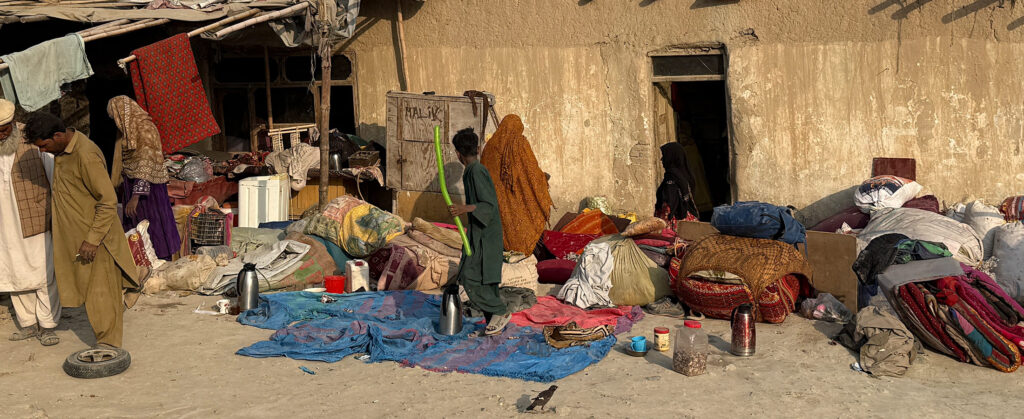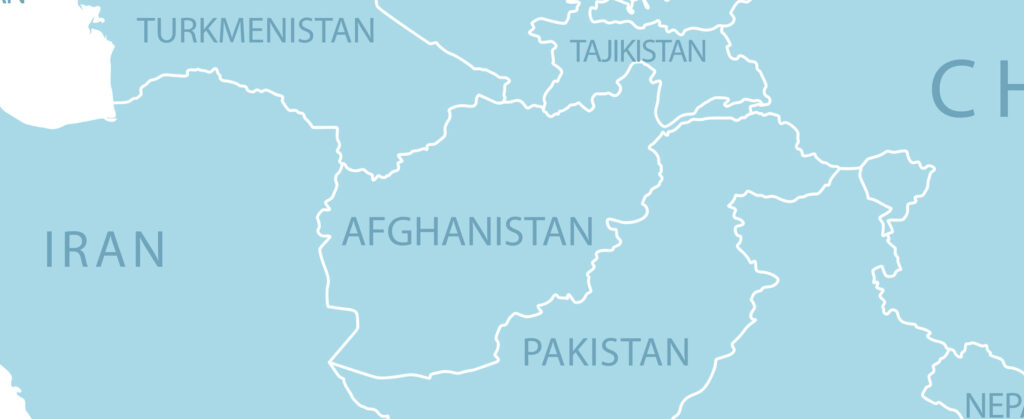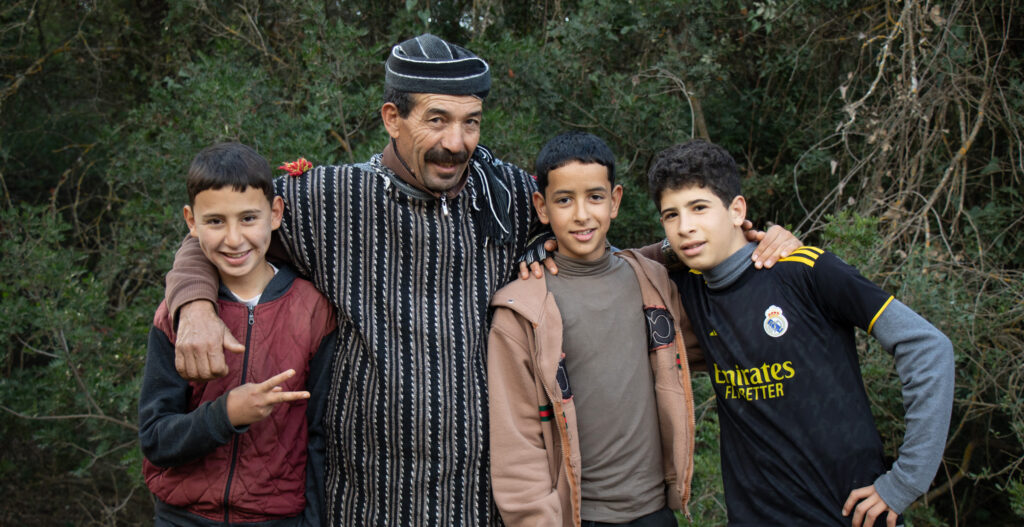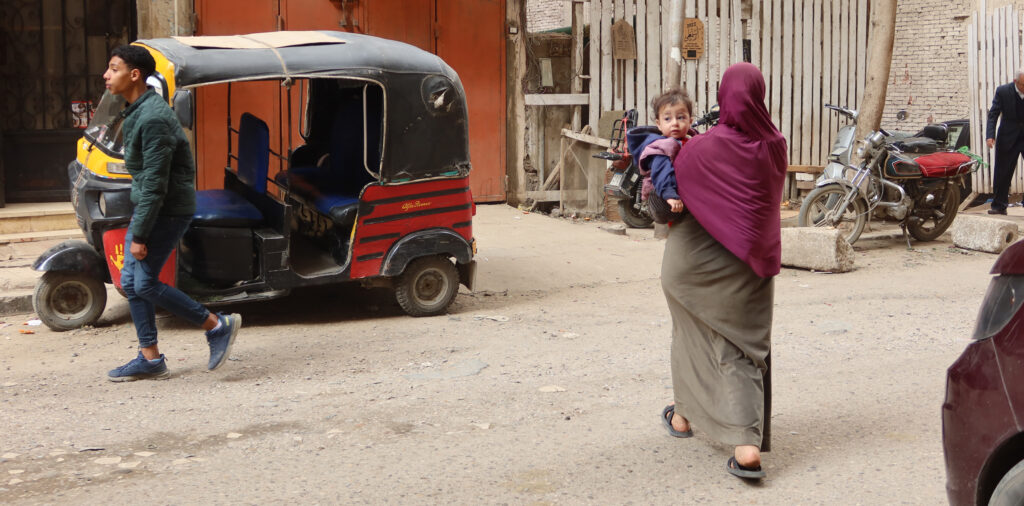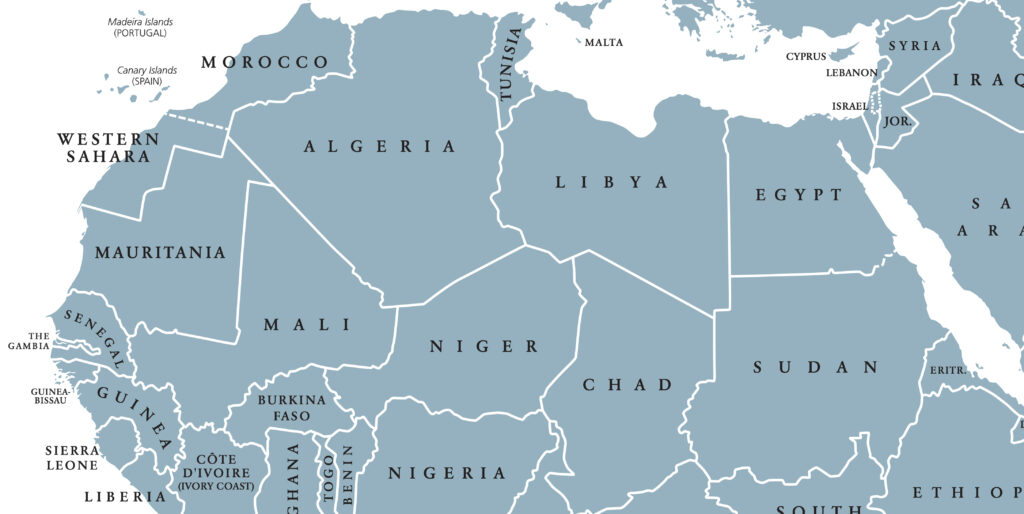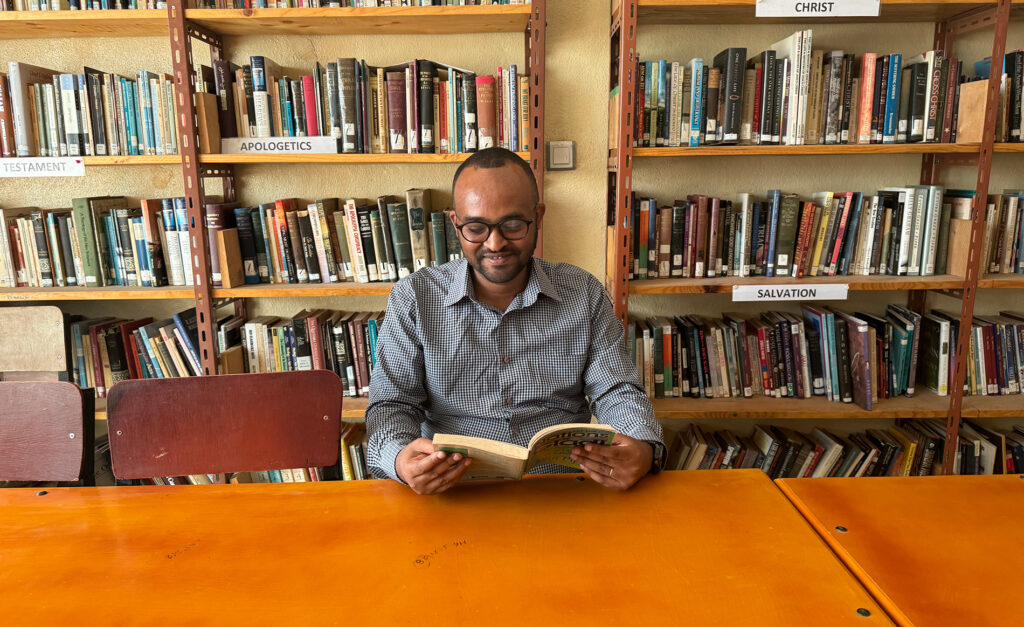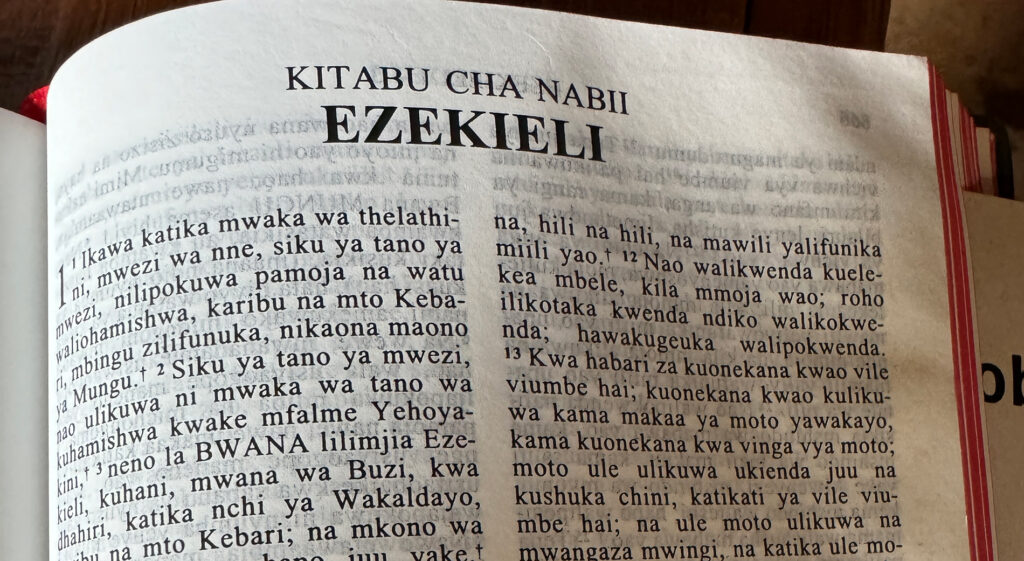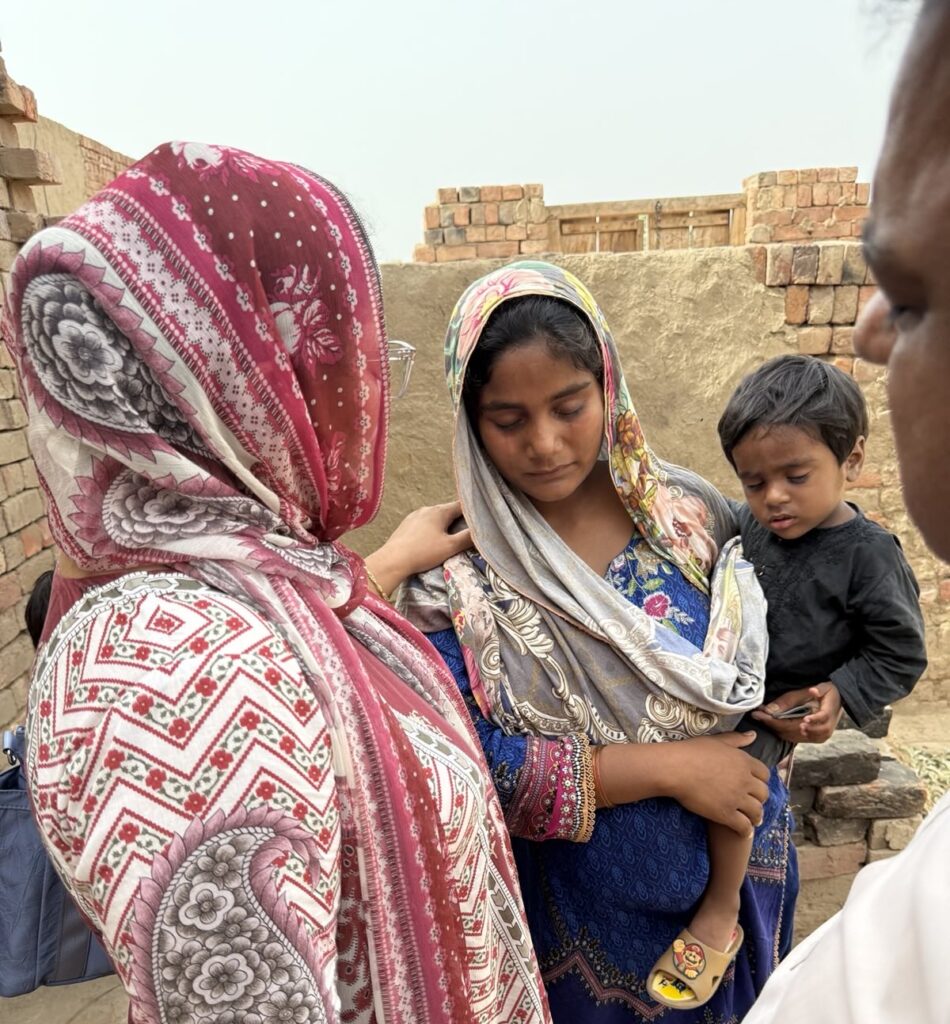LAHORE, Pakistan, December 18, 2020 (Morning Star News) – A Christian who spent nearly 11 years in solitary confinement over a false allegation of desecrating the Koran was set to walk free after a high court this week overturned his conviction, sources said.
The Lahore High Court on Tuesday (Dec. 15) ruled that prosecutors failed to prove the case against Imran Ghafoor Masih, a 32-year-old Catholic from Faisalabad sentenced to life in prison on Jan. 11, 2010 and fined more than $1,000. He was kept in solitary confinement due to threats on his life, as have others accused of blaspheming Islam.
His conviction on charges of desecrating the Koran and thus outraging religious feelings (Section 295-B and 295-A respectively in Pakistan’s blasphemy laws) was based on an accusation of a rival shopkeeper and his accomplices, who used a mosque loudspeaker system to incite a mob that beat Masih and also ransacked his shop.
Faryad Ali accused Masih of tearing out pages of the Koran and burning them on July 1, 2009. Masih claimed that the papers he burned were a heap of old merchandise records he had gathered while cleaning his store, Masih’s lawyer, Khalil Tahir Sandhu, told Morning Star News. He added that Ali fabricated the blasphemy case against Masih at the behest of another shopkeeper, Haji Liaqat, who sought to seize the Christian’s rented shop.
“Upon examining the evidence against Masih, the court observed that the ashes of the burnt pages were not of the Koran but of some newspapers and poetry books,” Sandhu said. “It was evident that the police had registered the case against Masih under pressure from the mob and did not even conduct proper investigation of the recovered evidence.”
Sandhu, also an opposition lawmaker in the Punjab Assembly, lamented that an innocent man remained in solitary confinement while his appeal passed through the offices of at least 10 high court judges in 11 years, with hearings postponed more than 70 times.
“I’m grateful to the court for ordering Masih’s release on merit, but who will compensate him for the years he spent in jail?” Sandhu said. “His parents passed away during his incarceration. Both times I took the bodies to the Faisalabad Central Jail so that Masih could take a last look at his parents before their burial. The poor man could not even attend their last rites.”
The attorney said a bill had been submitted in the Punjab Assembly last week calling for amendments to Pakistan’s widely condemned blasphemy laws.
“It is crucial to stop the misuse of this law,” Sandhu said. “Masih is not the only person who has languished in jail for years for a crime he never committed. This miscarriage of justice has to end, and the only way to curb this trend of falsely accusing people of blasphemy is to ensure punishment for the accusers and those who testify in their favor.”
Sandhu said that Masih would be released from prison in the next couple of days, “but the world will never be the same for him.”
“He has lost his parents, his business as well as his security,” he said. “Even though he has been acquitted of the false charge, he won’t be able to live in the same neighborhood or city.”
Prior Acquittal of Christian
On Oct. 5, the Lahore High Court acquitted another Catholic sentenced to death on blasphemy charges six years ago after defense attorneys proved the case against his client showed mala fide by the complainant.
Sawan Masih, a 40-year-old father of three, was handed the death sentence in March 2014 after a Muslim friend accused him of blaspheming against Islam’s prophet. The false accusation resulted in the burning down of more than 150 homes, shops and church buildings in Lahore’s impoverished, predominantly Christian Joseph Colony in March 2013.
In Pakistan, false accusations of blasphemy are common and often motivated by personal vendettas or religious hatred. Accusations are highly inflammatory and have the potential to spark mob lynchings, vigilante murders and mass protests. There are 24 Christians imprisoned on blasphemy charges in Pakistan, according to rights activists.
Although successive governments have acknowledged that the blasphemy laws are blatantly misused, little effort has been made to stop the abuses.
Prime Minister Imran Khan’s Special Representative for Religious Harmony, Allama Tahir Mehmood Ashrafi, acknowledged the misuse of the blasphemy laws but claimed that the government had succeeded in bringing down the number of cases in the last two years.
“We accept that Section 295-C has been misused in the past, but the trend has decreased 90 percent under the present government,” Ashrafi told Morning Star News.
The Muttahida Ulema Board, a government body tasked with monitoring religious harmony, in November saved six Christian sanitary workers from a blasphemy case after a Muslim filmed them collecting garbage that included a plastic notice emblazoned with a photo of the Prophet’s Mosque in Medina, Ashrafi said.
“An application was submitted to the police for registering a blasphemy case against the Christians, and they were taken into custody, but when the matter was brought to our knowledge we immediately intervened in the issue,” he said. “After viewing the video, it was clear that the illiterate sanitary workers had no clue that the panaflexes [plastic notices] they had put in the garbage skip depicted a holy picture, therefore we told the police to free them.”
At the same time, the board rebuked the complainant for filming the incident instead of saving the material with the Islamic image on it, Ashrafi said. He added that he was a proponent of punishing those who falsely accuse others of blasphemy.
On Dec. 7, the U.S. State Department re-designated Pakistan among nine other “Countries of Particular Concern” for severe violations of religious freedom. Previously Pakistan had been added to the list on Nov. 28, 2018.
The other countries on the list are Burma, China, North Korea, Eritrea, Iran, Nigeria, Saudi Arabia, Tajikistan and Turkmenistan. Sudan and Uzbekistan were removed from the department’s Special Watch List due to improvements in their religious rights records.
Pakistan ranked fifth on Christian support organization Open Doors 2020 World Watch list of the 50 countries where it is most difficult to be a Christian.
